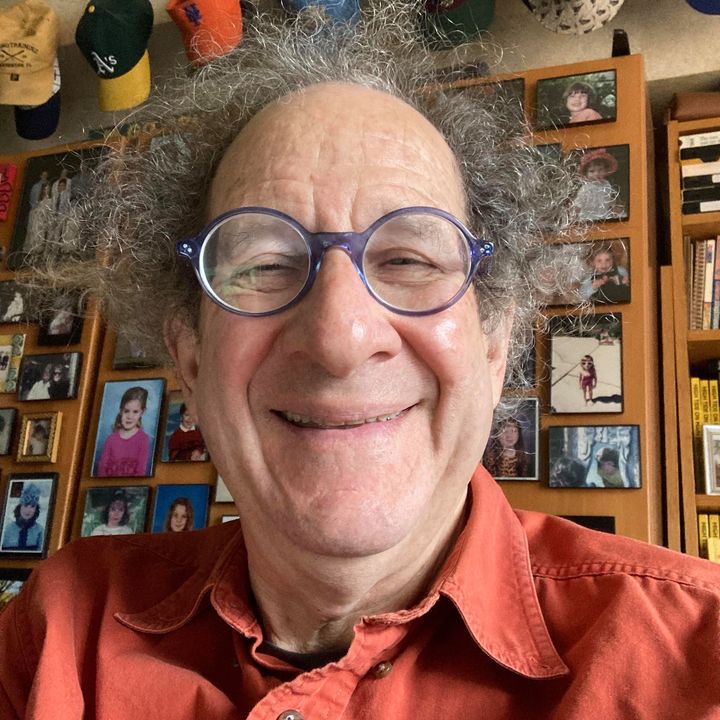 Chris Kerr of Parson Weems remembers Mike Shatzkin:
Chris Kerr of Parson Weems remembers Mike Shatzkin:
Mike Shatzkin hired me for my first publishing job in 1975, as a sales representative for the Two Continents Publishing Group in the southeastern states. Eventually, it grew to include any open territory and included Atlanta and Kansas City.
We met in a way that I learned was the Publishing Way: Mike was my sister's fiance's (Larry Gagosian, the art dealer) college roommate at UCLA. Mike had casually asked her if he knew anyone in Washington, D.C. She replied, "My brother knows a lot of people." I had just seen my job as a trade magazine editor advertised in the Washington Post classifieds so I knew that my tenure on K Street was to be short lived. And what could be more fun than visiting bookstores and talking about books I had not read?
We hit it off immediately. He was super smart, wildly interested in everything, and keen to get started. We had a sales meeting in a LaGuardia Airport motel and hit the road. I still have the binder we were given. The Shatzkins were the Kings & Queens of Detail. His dad and mom, Len and Elke Shatzkin, and sister Nance owned the distributor, an early iteration of what PGW, IPG, and Consortium were to become, except that TwoCon cherry-picked the titles to be distributed.
I still remember the first list: Man's Body, An Owner's Manual by the Diagram Group, which the Washington Post complained was far too focused on sex and not the brain (it seemed about right to me), a facsimile of Leslie's catalog for the 1876 World's Fair in Philadelphia, an exhibit of which the Smithsonian Institution was mounting in its original building, The Castle, and my favorite, Keep the Last Bullet for Yourself, a discussion of Custer's Last Stand from the Native American point of view, shepherded into production by Joe Medicine Crow, education chief of the Crow Nation. As it happened, the National Portrait Gallery, part of the Smithsonian, was reopening with a Custer exhibit and Joe was invited to give the opening talk to an invited audience of several hundred. I thought that this was the way it was always going to be: greeted by Dillon Ripley, the Smithsonian head, interviewed by Judith Martin, Ms. Manners for the Washington Post. How little I knew.
Mike was a remarkable polymath and an autodidact; he vacuumed you for information and he loved to argue. It could be exhausting. And I grew up in a house where dinner arguments were always on the menu. Everything was under the microscope. Mike was all about family. His, mine, anyone whom he encountered. Parties in his East 50th St. apartment or the family compound in Croton on Hudson were massive, noisy and huge fun. Nance's husband, James, now gone, once rescued our youngest when he fell into the pool. Years later, I would meet people whom I had met at a Shatzkin party.
Once you were a member of the team, no matter where you eventually worked, you were always on the team. A baseball fanatic, Mike considered us all "utility fielders." He once assured me that "we are always looking for a place to put you, Chris," with the confidence that if summoned, I would follow. His last call was to chair a seminar on Today's Bookselling Community for an annual conference he organized. Mike, being Mike, had already picked the panelists, briefed them, and all I needed to do was not embarrass him. We drew about 75 folks, but Mike decided that next year's session would not need this gathering because "bookstores are disappearing." He expressed a similar sentiment when he called me in to consult with a prospective purchaser of Politics & Prose. "I've advised them to not waste their money," he said. "But they really want to be part of the D.C. scene." I was happy to talk with them, but they were outbid by the far more insightful current owners.
I have lost track of his many side ventures. There were a lot of them. He and the family pioneered inventory control systems and worked with Undercover Books, Shaker Heights, Ohio, run by Philip Turner's family, and, later, Northshire Bookstore, Manchester Center, Vt., and Saratoga Springs, N.Y., with Ed and Barbara Morrow and their son Chris.
He also championed an updated edition of his Dad's classic, In Cold Type, the only book I have ever sold with a publisher warning on the title page. Years later, I learned that the book was the introductory publishing textbook at a leading U.K. college where a friend taught it. I encountered similar students and teachers in Japan, Hong Kong, and Australia. The book was a pied-piper for publishing. The Shatzkins treated publishing as a business and respected the process, which they always had under a microscope. It remains a frame of reference for my entire career; my best bosses respected the process, reveled in its details, and were open to any ways to make it better. This flies in the face of much of the industry's romance with itself.
Mike was also a music entrepreneur. He advised my sister's upstairs neighbor, Sonny Rollins, on his music contracts, he advised a leading U.K. music publisher on his American launch, and he introduced and produced a group, New Zealand's The Drongos.
Mike was also an author. Right out of college, he wrote an essay on the New York Knicks, called The View From Section 111. In my first year in publishing, he gave me Cooking With Grass; it is still on our shelf. He also wrote The Ballplayers: Baseball's Ultimate Biographical Reference, which was updated, and The Baseball Fan's Guide to Spring Training. The Shatzkin Files was an annual. I loved the title; it suggested a CIA case officer's revelations. And he was recruited by Ingram to help with their recently published company history. He was also something of a pamphleteer; he could write like a storm. His newsletters were widely read and quoted. He was an exceptionally generous advice-giver. I sent friends to him for counsel, and he was always open and responsive.
It is difficult to think of him as gone. He was a lifelong runner, and, later, a gym rat. When I visited him at Lenox Hill Hospital in September, most of what we talked about was his fitness routine, walking the streets of New York, and the cute hospital staff. He knew them all by name, thanked everyone, and rigorously cross-examined the young doctors. They loved him. He loved to engage; he was engaged. He was in the world, a political citizen who would have been recognized in any gathering as a willing student. And deeply kind. RIP.











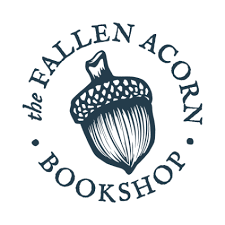
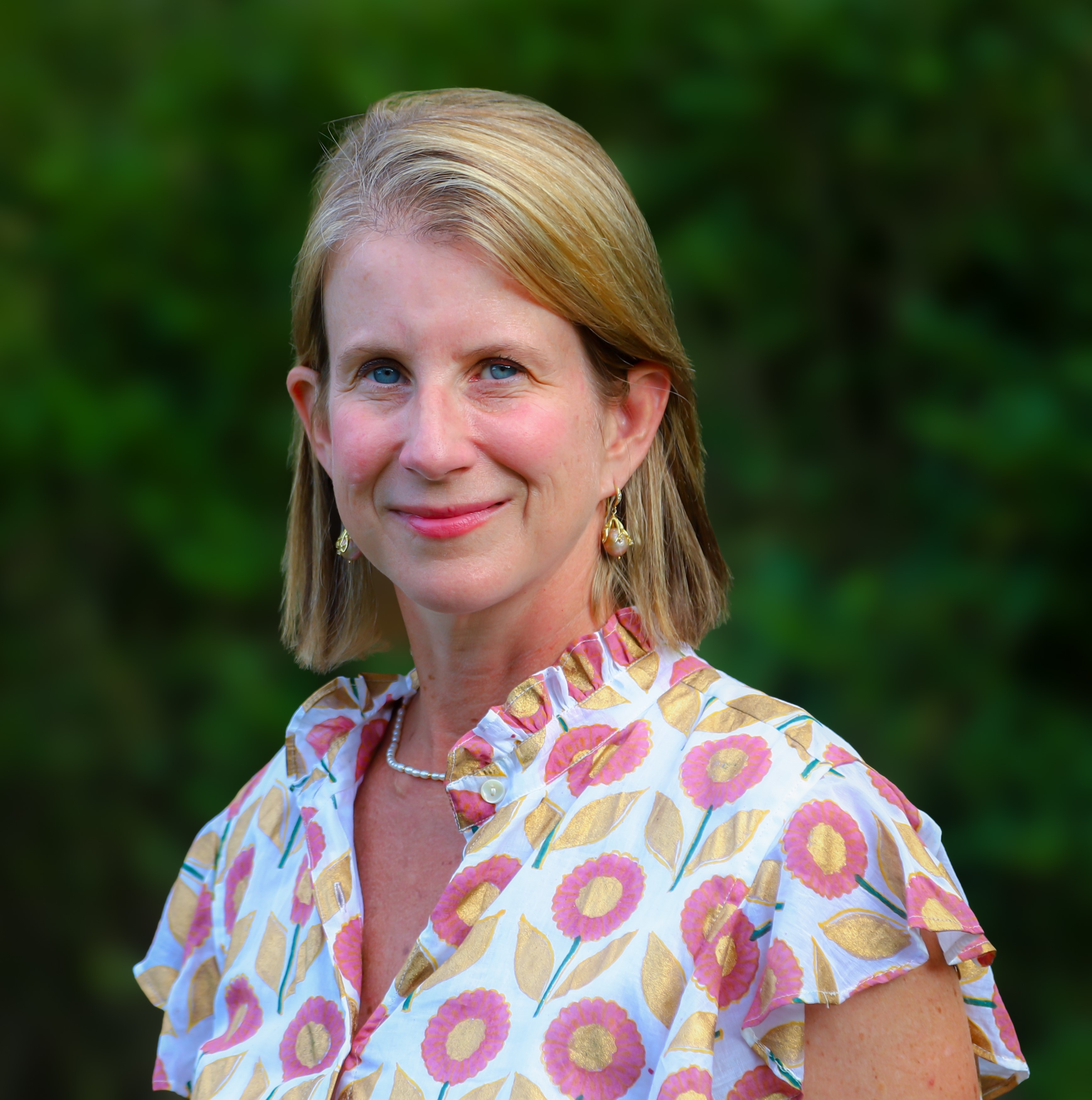
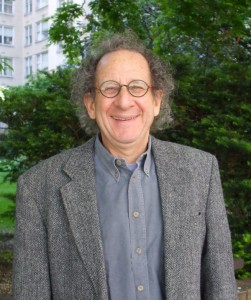
 Chris Kerr of Parson Weems remembers Mike Shatzkin:
Chris Kerr of Parson Weems remembers Mike Shatzkin: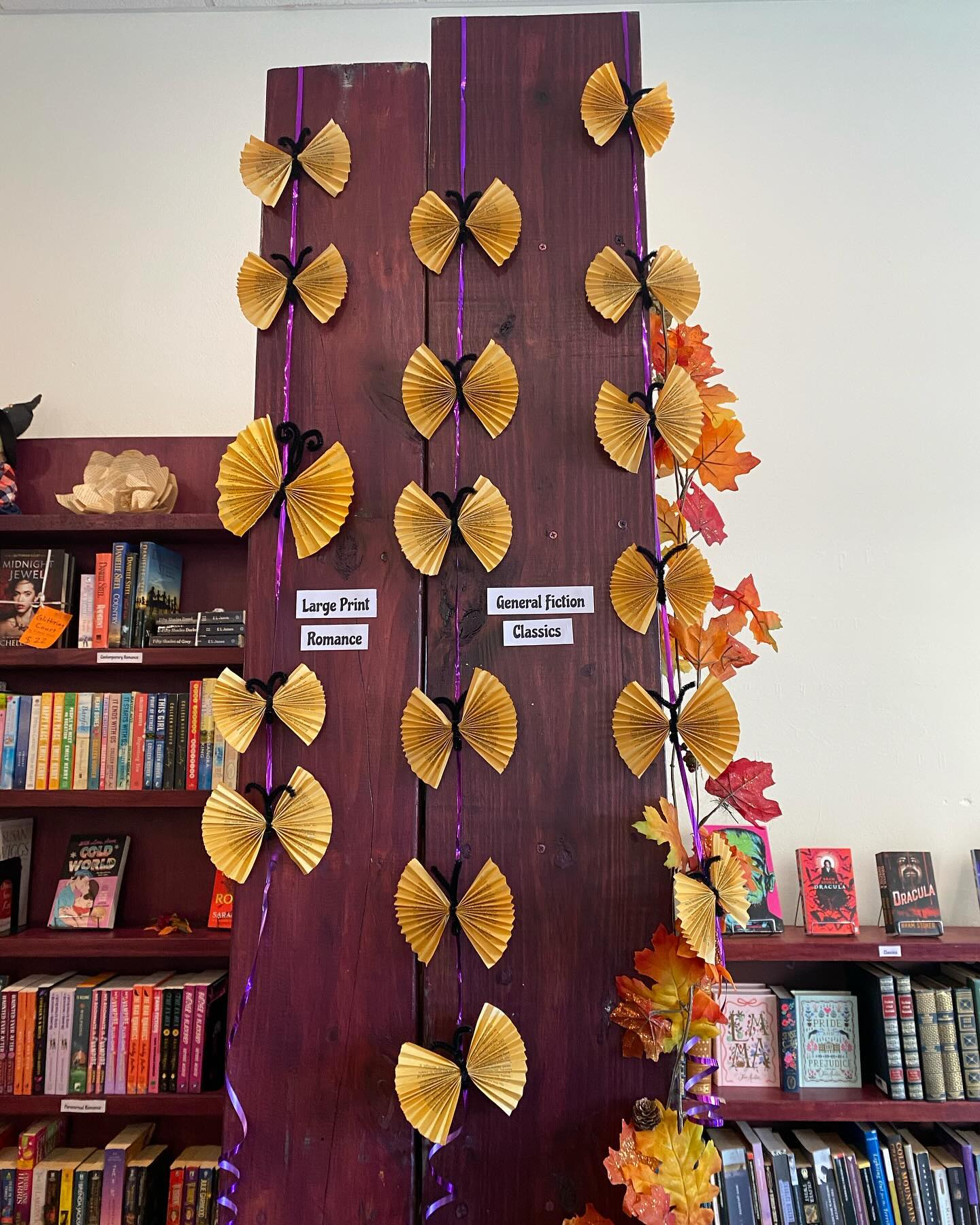 Posted on Instagram by
Posted on Instagram by 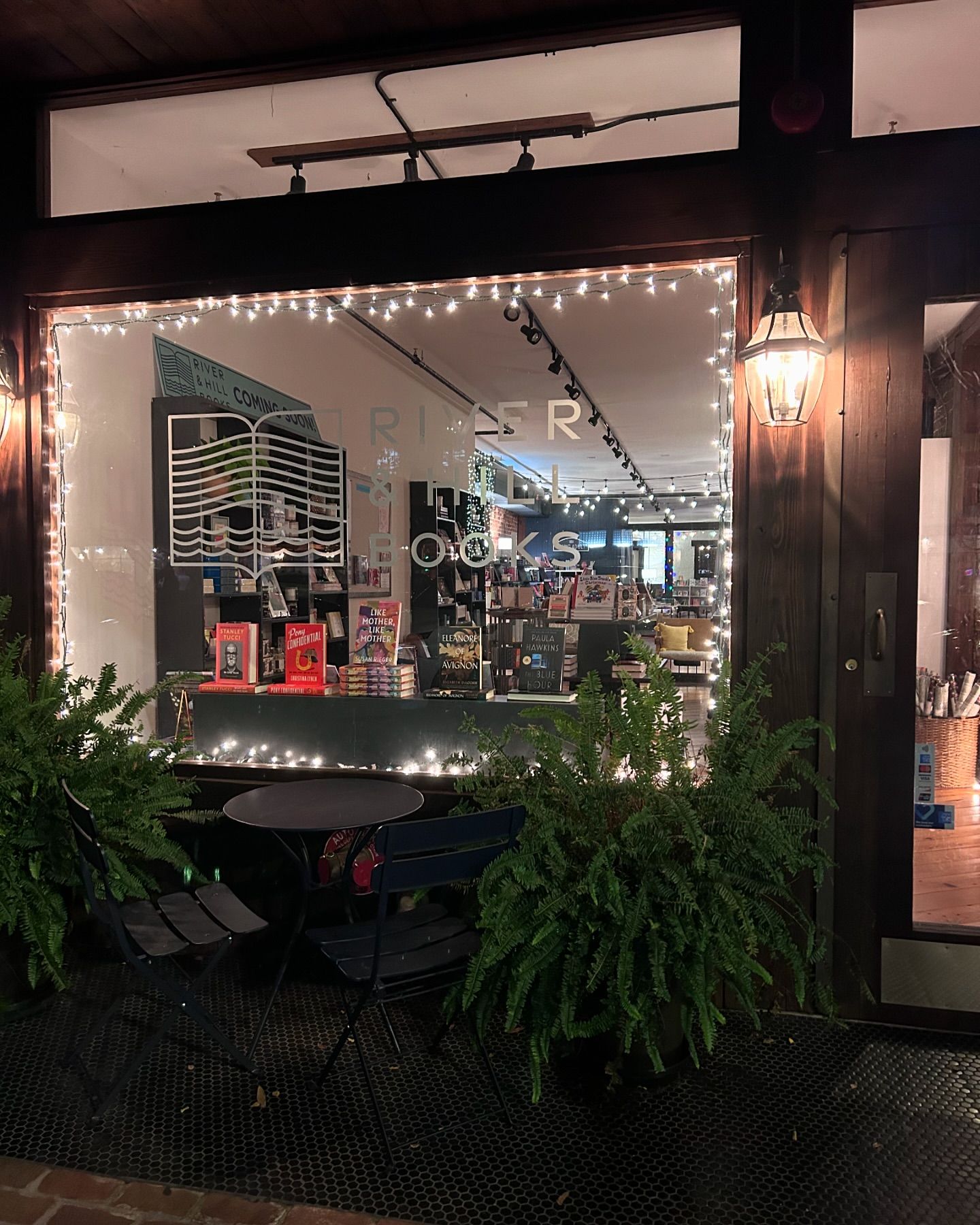 "
"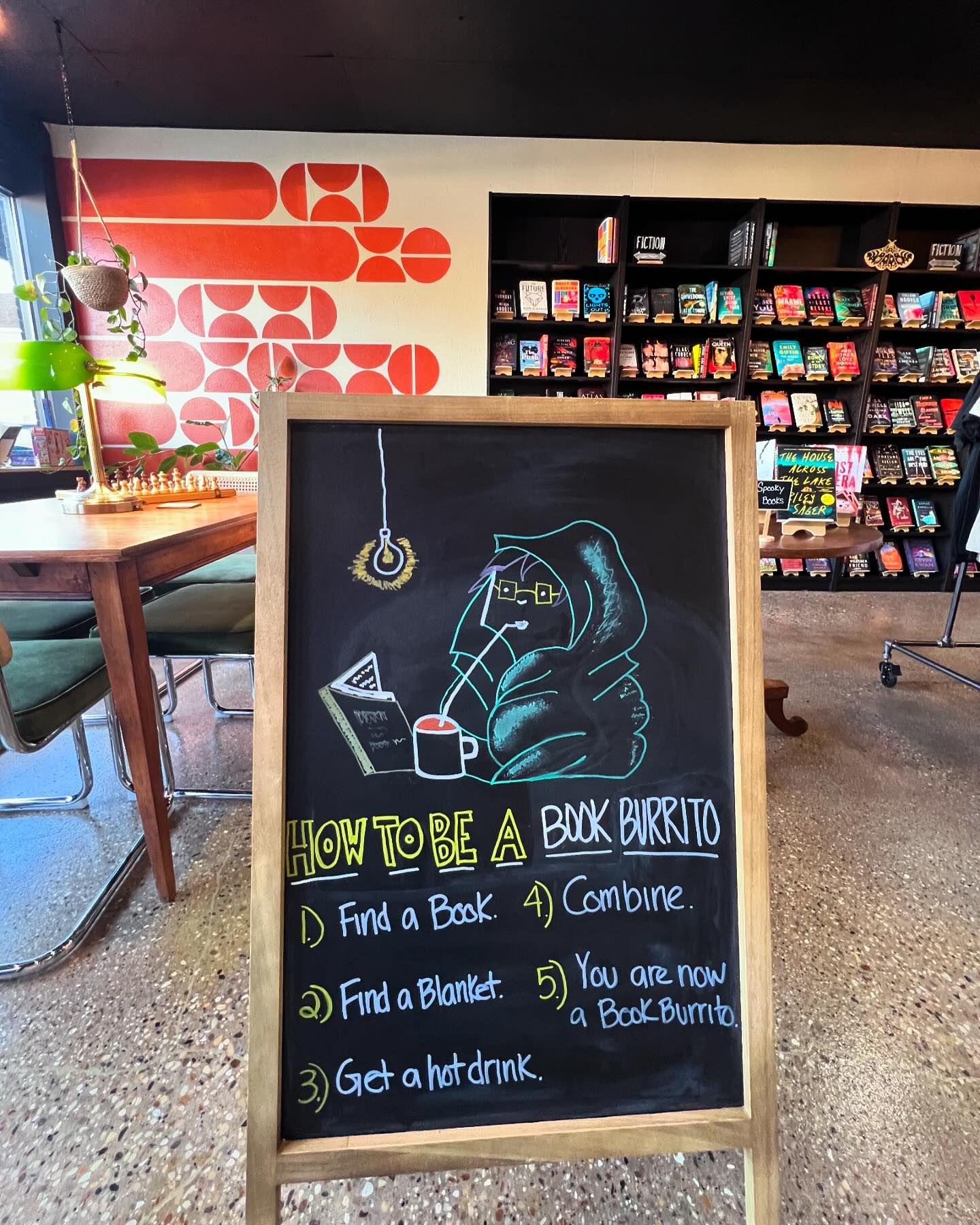
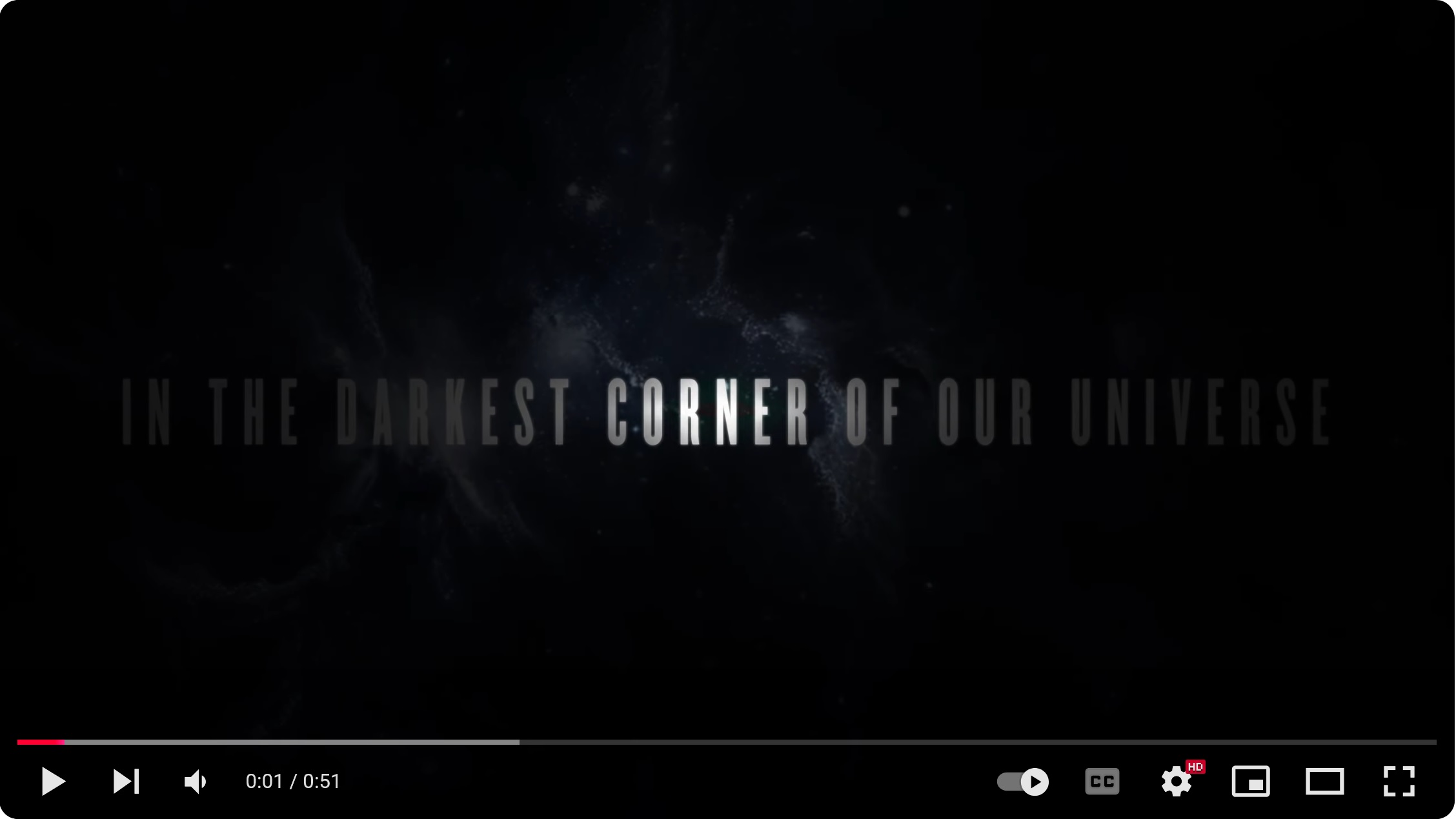 Nether Station
Nether Station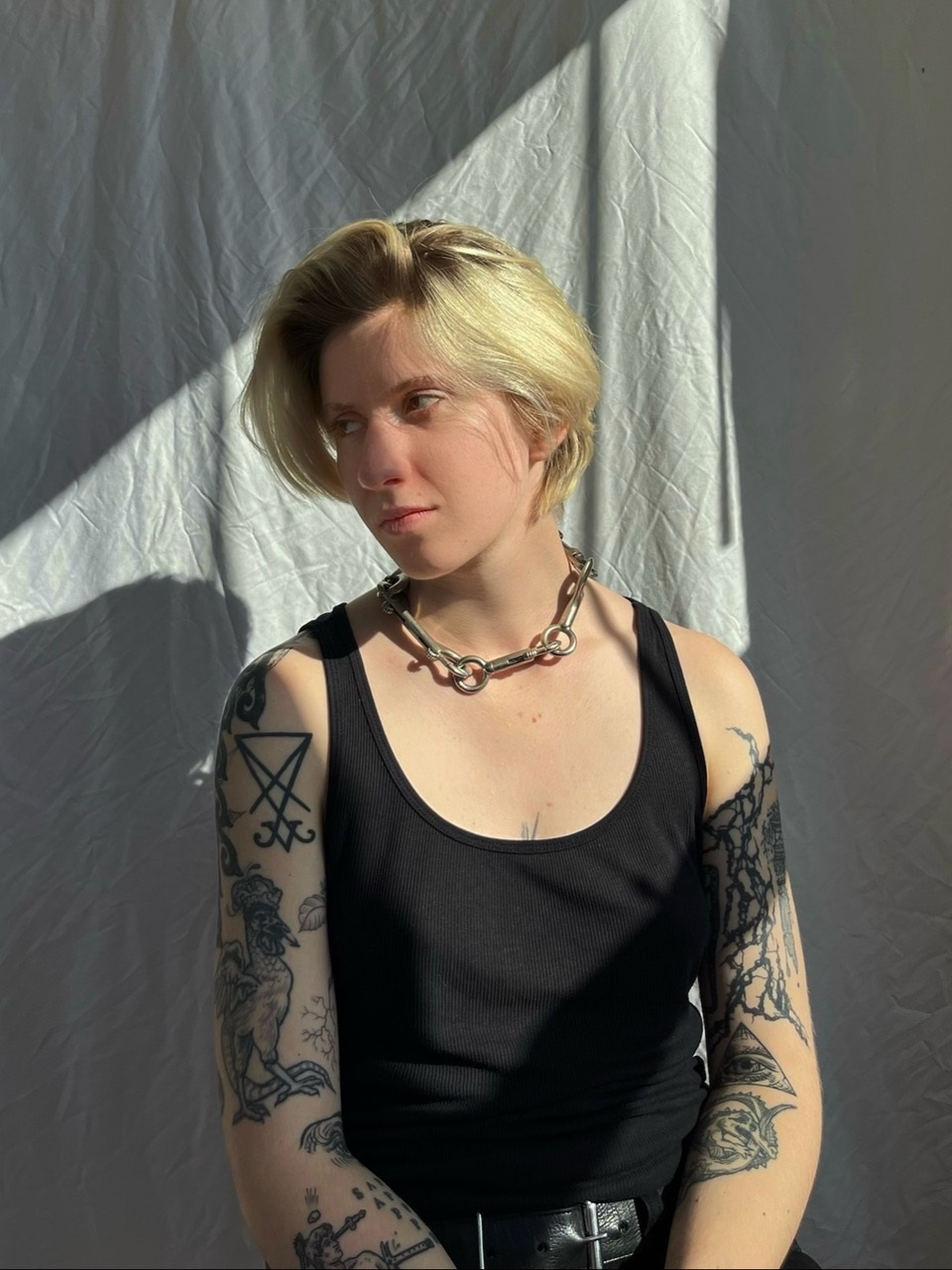
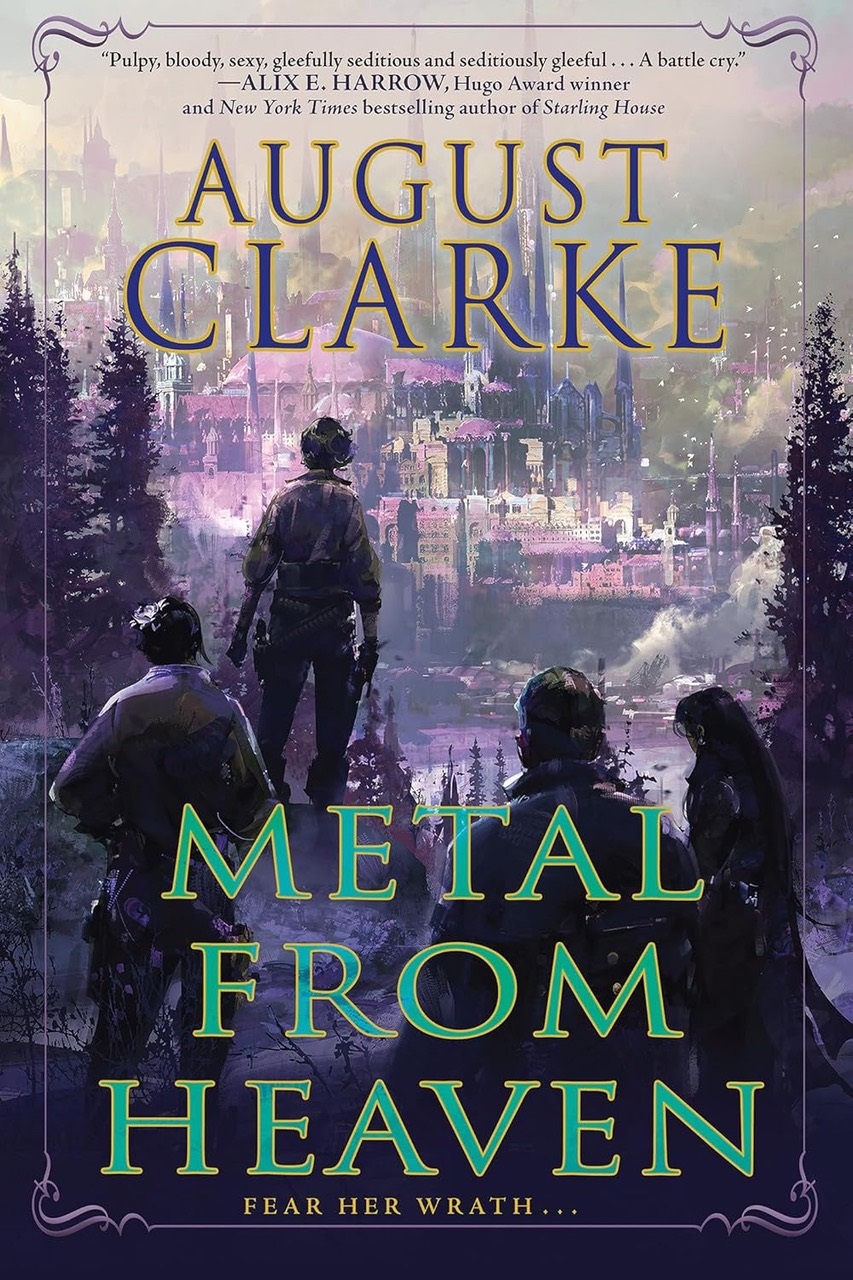 Book you're an evangelist for:
Book you're an evangelist for: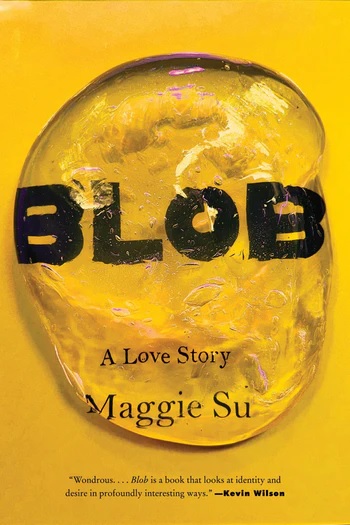 Maggie Su's Blob: A Love Story is a funny and pathos-ridden tale of social awkwardness and self-realization; a modern, delayed coming-of-age. Su's narrative voice is perfectly pitched for her inelegant but deeply sympathetic protagonist.
Maggie Su's Blob: A Love Story is a funny and pathos-ridden tale of social awkwardness and self-realization; a modern, delayed coming-of-age. Su's narrative voice is perfectly pitched for her inelegant but deeply sympathetic protagonist.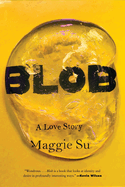
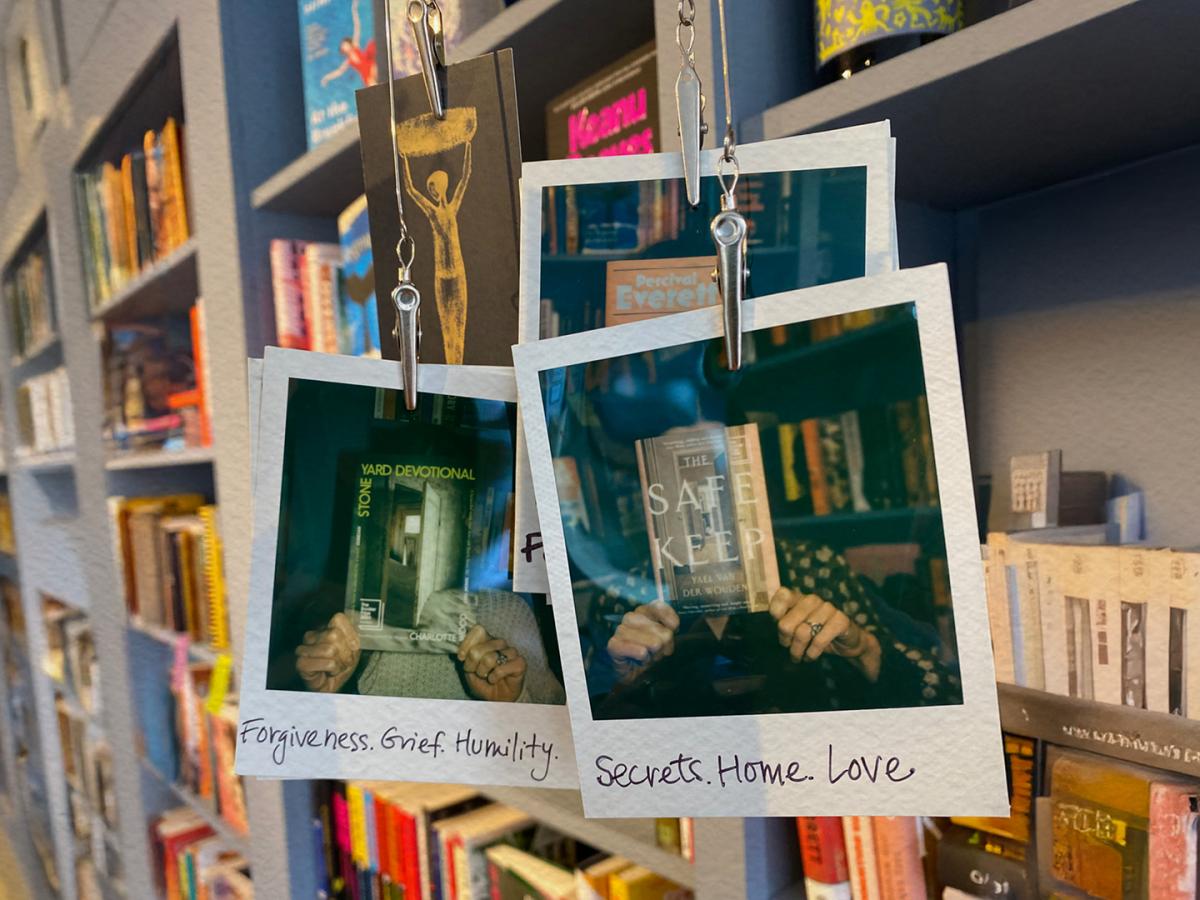
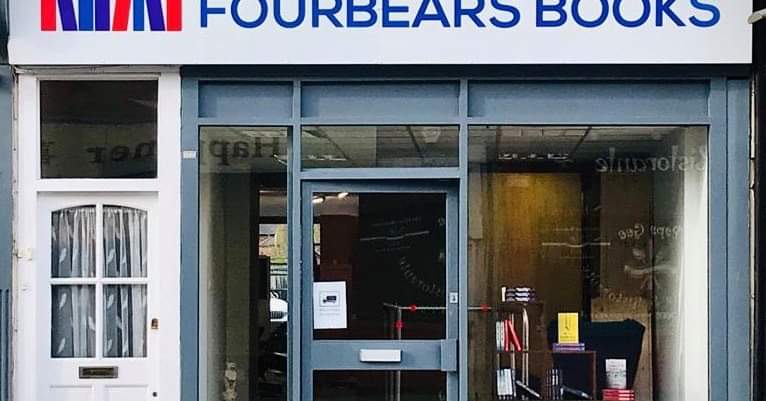 Alex Forbes, owner of Fourbears Books: "I think Indie bookselling brings something different to the high street. Whether it be promoting lesser-known books and sharing a special read which doesn't have mainstream publicity, or having a conversation with customers about what they want to read rather than relying on algorithms, then that customer returns for their next books. There's an individuality about an indie where no two will be the same, which adds to the magic. We also have many customers who are quite lonely and a bookshop is such a safe space for them to come and chat with someone, even if it's not about books."
Alex Forbes, owner of Fourbears Books: "I think Indie bookselling brings something different to the high street. Whether it be promoting lesser-known books and sharing a special read which doesn't have mainstream publicity, or having a conversation with customers about what they want to read rather than relying on algorithms, then that customer returns for their next books. There's an individuality about an indie where no two will be the same, which adds to the magic. We also have many customers who are quite lonely and a bookshop is such a safe space for them to come and chat with someone, even if it's not about books." Victoria and Chris Bonner, owners of Hold Fast Bookshop: "If there is anything better than chatting about books all day, we have yet to find it and it's such a vital part of independent bookselling. It's great to see the interactions in a bookshop--customers often start chatting to each other about what they have read or enjoyed. That doesn't really happen in other shops--it's as if 'normal rules' don't apply in bookshops and by stepping in you know things will be a little calmer, more chatty and comfortable. It's also so important for readers to see a range of books of all kinds of genres. I think most have more courage and a sense of adventure with their book choices than the dreaded algorithm would ever give them credit for."
Victoria and Chris Bonner, owners of Hold Fast Bookshop: "If there is anything better than chatting about books all day, we have yet to find it and it's such a vital part of independent bookselling. It's great to see the interactions in a bookshop--customers often start chatting to each other about what they have read or enjoyed. That doesn't really happen in other shops--it's as if 'normal rules' don't apply in bookshops and by stepping in you know things will be a little calmer, more chatty and comfortable. It's also so important for readers to see a range of books of all kinds of genres. I think most have more courage and a sense of adventure with their book choices than the dreaded algorithm would ever give them credit for."  Owner Vicki Shenkin Kerr and manager Kristin Griffin of Bàrd Books: "Independent bookselling is integral to a healthy community. After the pandemic, it is important we have these in-person spaces to reconnect. Bookshops are places to give and receive reading recommendations. Whether relying on the expertise of the bookseller who can sharpen our tastes based on what we've enjoyed before or sparking up a conversation with a fellow book lover who can introduce us to something completely new."
Owner Vicki Shenkin Kerr and manager Kristin Griffin of Bàrd Books: "Independent bookselling is integral to a healthy community. After the pandemic, it is important we have these in-person spaces to reconnect. Bookshops are places to give and receive reading recommendations. Whether relying on the expertise of the bookseller who can sharpen our tastes based on what we've enjoyed before or sparking up a conversation with a fellow book lover who can introduce us to something completely new."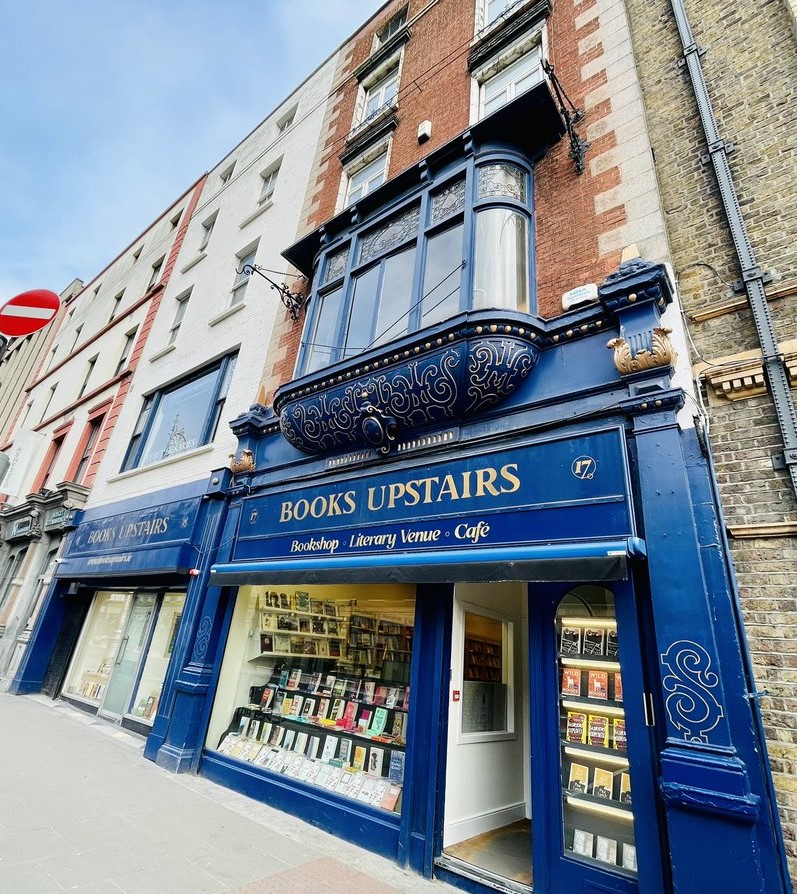 Louisa Earls, manager of Books Upstairs: "Our philosophy has always been to encourage the circulation of ideas, and we believe that independent bookshops like ours can make a huge difference to the cultural life of a city. Indie bookshops are in a unique position to engage in the social and political concerns that are important to their community. Since our beginnings, we've been committed to the principle of inclusivity. We are proud to have been the first bookshop in Ireland to have stocked queer literature, as well as feminist and other political books which were not easy to find in Ireland of the 1970s and 80s. We hope we've created a safe and welcoming space for all readers."
Louisa Earls, manager of Books Upstairs: "Our philosophy has always been to encourage the circulation of ideas, and we believe that independent bookshops like ours can make a huge difference to the cultural life of a city. Indie bookshops are in a unique position to engage in the social and political concerns that are important to their community. Since our beginnings, we've been committed to the principle of inclusivity. We are proud to have been the first bookshop in Ireland to have stocked queer literature, as well as feminist and other political books which were not easy to find in Ireland of the 1970s and 80s. We hope we've created a safe and welcoming space for all readers."